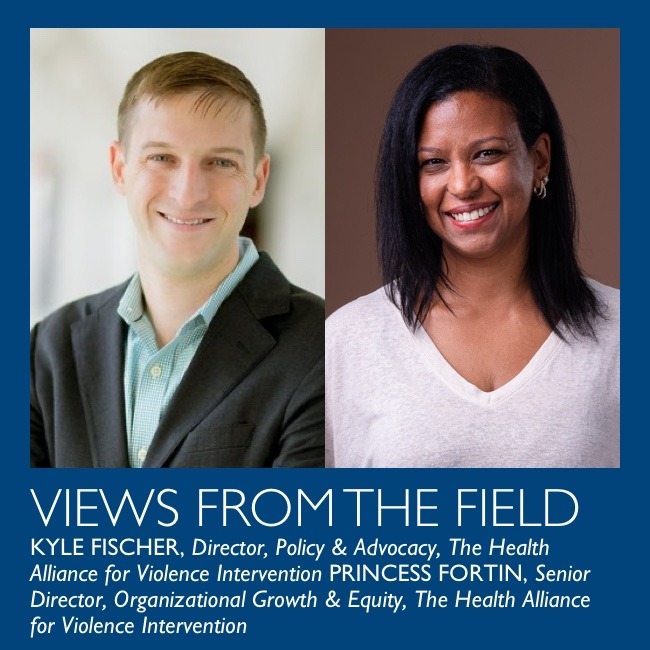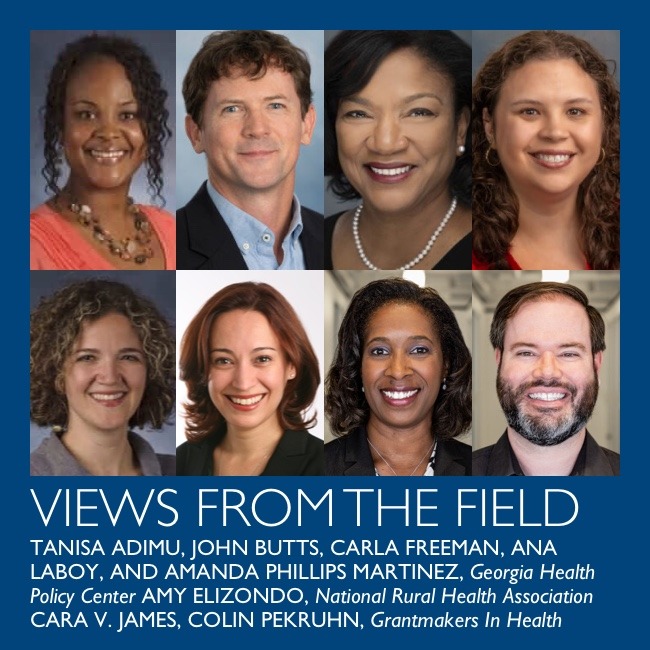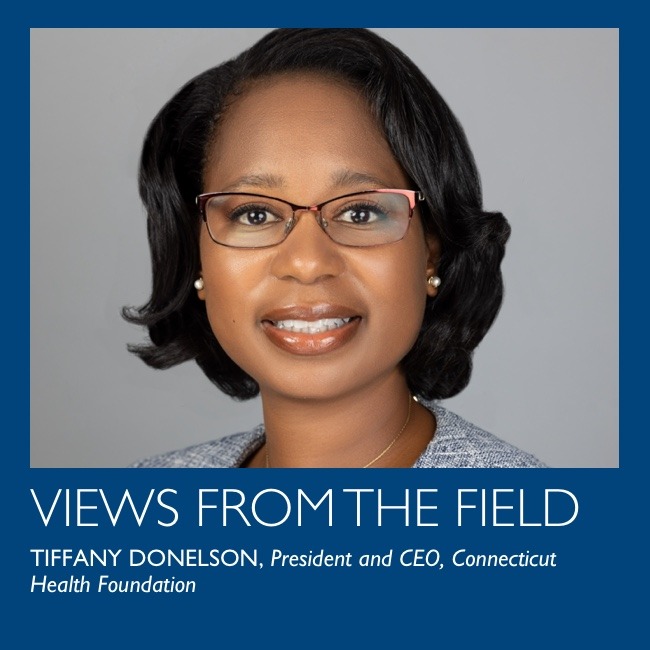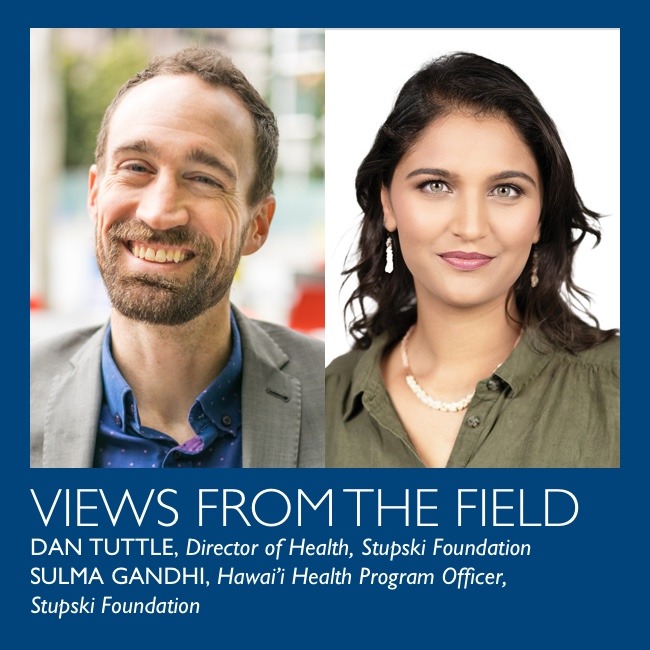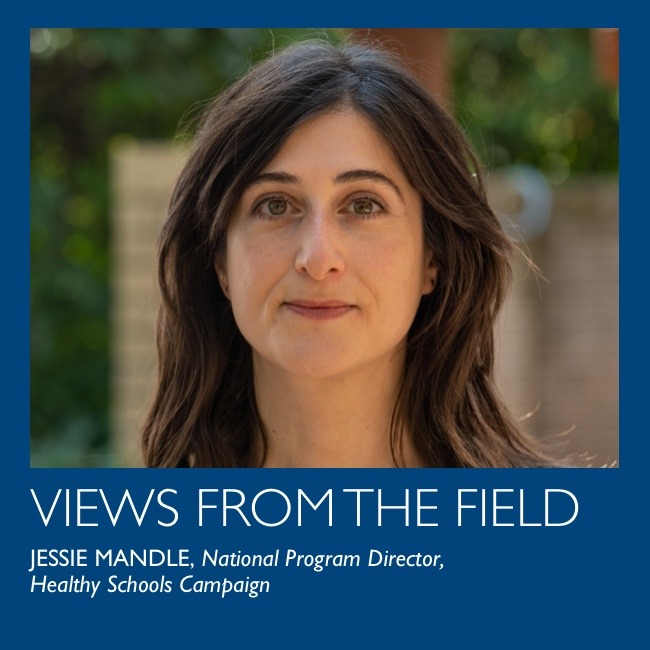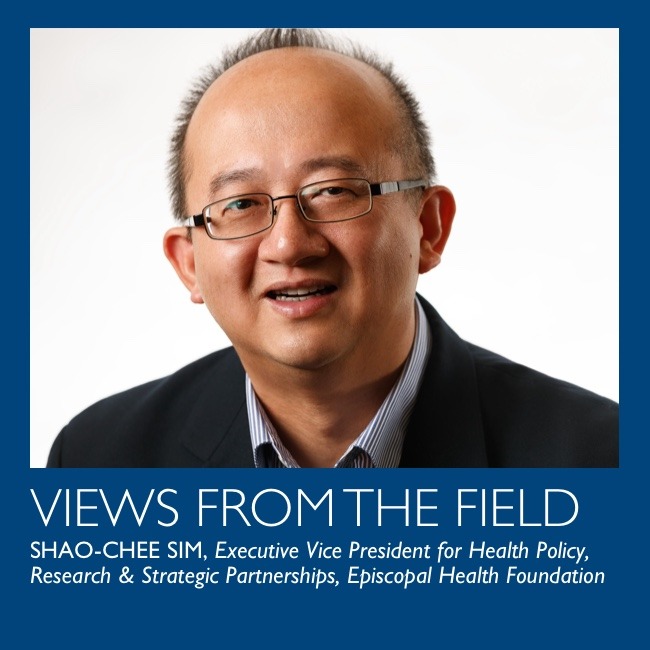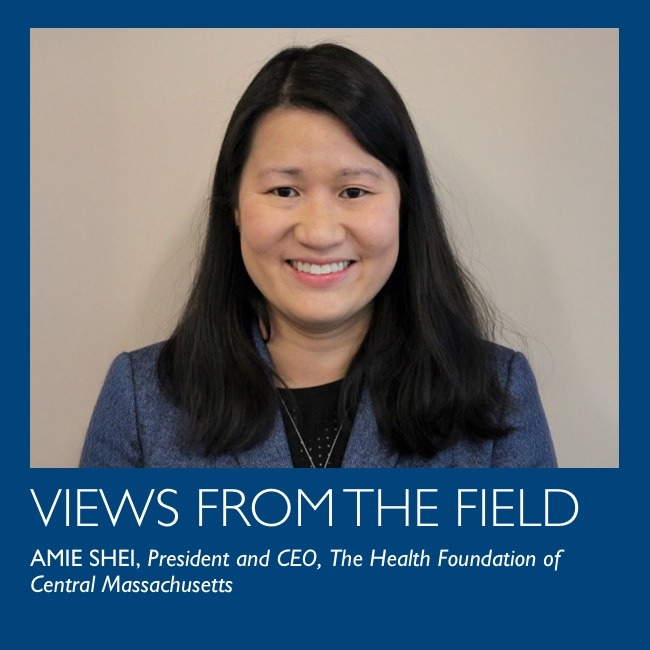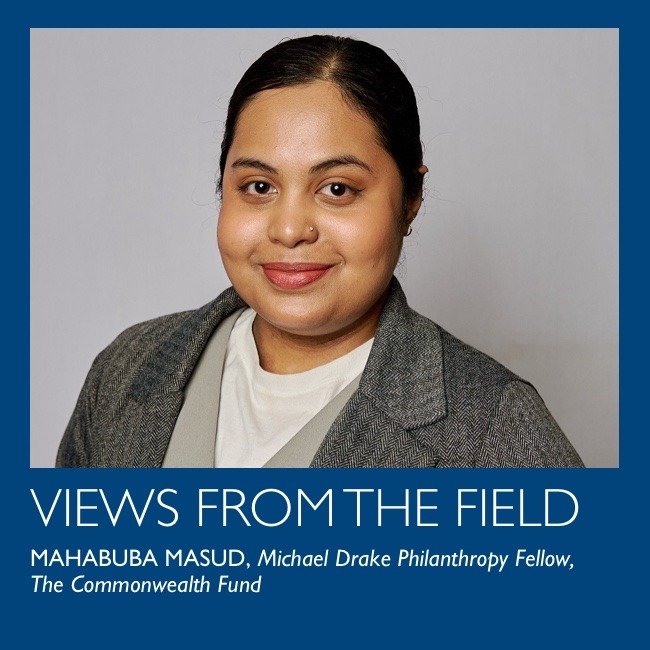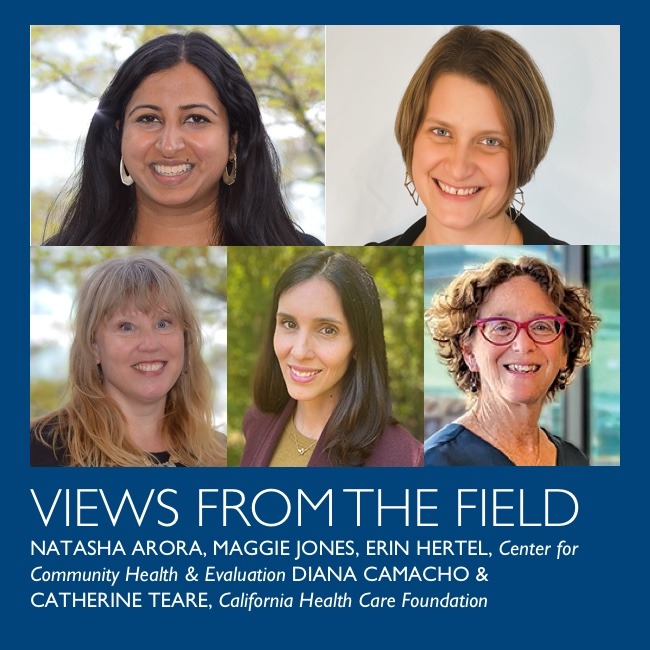Reimagining Rural Health and Well-being
To inform positive change, Grantmakers in Health (GIH) and the National Rural Health Association (NRHA) are partnering to reimagine a unified vision for health and well-being in rural America. The Georgia Health Policy Center (GHPC) was engaged to conduct a landscape analysis and facilitate listening sessions with rural health stakeholders at the local, state, and national levels.
Roles for Philanthropy as Medicaid Changes Take Effect
For those of us who have worked toward health equity, who have spent the past few years building toward incremental gains and pushing for larger change, the events of this year can feel like one big backslide. At times, it’s overwhelming. Yet this is not the time to get bogged down by the size of the challenge or by analysis paralysis. From where I sit, I see five roles that philanthropy can play in the rollout of changes to Medicaid.
Acting with Urgency: Stupski Foundation Accelerates Its Spend-Down Grantmaking
In this interview, Grantmakers In Health’s Maya Schane spoke with Dan Tuttle and Sulma Gandhi of the Stupski Foundation about the foundation’s spend-down strategy and acceleration of grantmaking in 2025 in response to federal policy changes.
Protecting Children’s Access to Health Care in Schools: The Impact of Medicaid Cuts on School Health Services
“Due to the remote area we serve, our students have little to no access to medical services otherthan those provided in schools.”—Superintendent from a rural school district in Michigan. Schools are essential places for children to access health services. An estimated 40 percent ofschool-aged children have at least one chronic health condition (National Survey of Children’sHealth, 2019). Among low-income children with special health careneeds, approximately 87percent do not receive necessary care, primarily due to financial costs and limited access (Childand Adolescent Health Measurement Initiative, 2022). Providing health care at school, where children spend most of their days, is crucial to addressing these concerns.
Advancing Health Beyond Health Care: How Policy Wins in Texas Reflect Philanthropic Strategy
At Episcopal Health Foundation (EHF), our vision is to build healthy communities for all by focusing on health beyond the walls of the doctor’s office. In 2024, we launched a new strategic framework that centers on three major action areas: health and health care services, healthy communities, and health policies. Across these areas, we also are prioritizing food and nutrition security, maternal health, and diabetes prevention, as these are critical levers for improving health outcomes in Texas.
Responding to a Rural Hospital Closure: The Importance of a Phased, Multi-Pronged Approach
It has been over a year since the August 31, 2024, closure of a beloved community hospital in Ayer, Massachusetts following the bankruptcy of the private equity-backed Steward Health Care system. The impacts of the Nashoba Valley Medical Center closure continue to reverberate across this rural working-class region, adding to a growing sense of abandonment and frustration that has accumulated over waves of health care service cuts.

